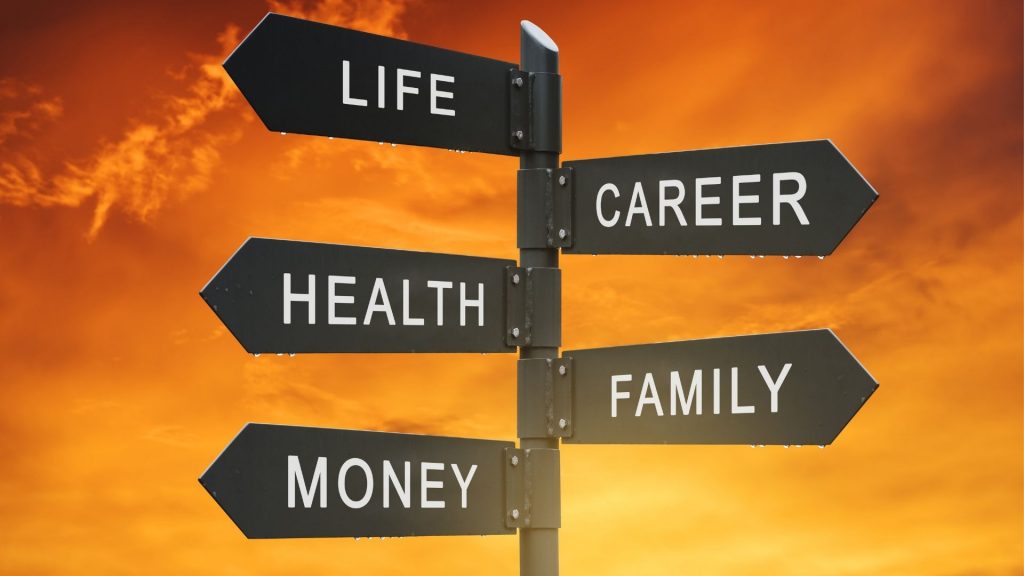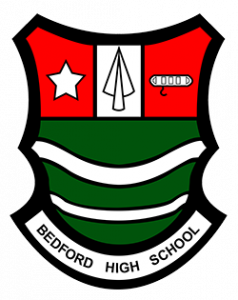PERSONAL DEVELOPMENT & ETHICS (PDE) The Study of RSHE and Religious Education

Leading Staff and Responsibilities
Miss M Jones – Teaching and Learning Coordinator
Mrs A Duffy – Assistant Headteacher – Careers Lead, SEND, SLT for PDE
Mr P Shelton – Deputy Headteacher – Destinations (CEIAG)
Mrs B Moss – Deputy Headteacher – Pastoral & Wellbeing
Mrs R Ramsden – Assistant Headteacher – Designated Safeguarding Lead
Mrs P Birchall, WRL Coordinator – CEIAG Coordination
What is PDE?
The Personal Development and Ethics (PDE) curriculum has been carefully designed to provide a flexible, dynamic, broad and balanced scheme of learning across all year groups. It is ambitious, age appropriate and spirals across both key stages. Our purpose is to provide every opportunity for our learners to be happy, healthy, engaged and successful citizens.
Our vision is not just to develop learner’s knowledge and understanding. It is also to enable them to investigate world views, express their ideas and respond to the world around them in an informed, rational and insightful way. We encourage leaners to make effective transitions, make positive learning and career choices and achieve economic well-being. The learning environment is PDE provides opportunities for learners to safely explore, reflect and clarify their own values and attitudes on the complex and sometimes conflicting range of world views they encounter both now and in the future.
The PDE curriculum has two strands, the first incorporates the Personal Social Health Education (PSHE), Citizenship, British Values, Character Education, SMSC, Mental Health and Wellbeing, Careers Education Information Advice and Guidance (CEIAG). The second strand incorporates Religious Education in both key stages.
PDE is taught across both key stages for 1 hour per week. In addition, all students receive one 30min form time lesson each week on mental health and well-being education. The topics they explore include attitudes to mental health, promoting well-being, digital resilience, unhealthy and healthy coping strategies, dealing with change, managing exam pressure, reframing negative thinking and coping with grief. We also run awareness weeks during the academic year and fundraise for different charities linked to Mental Health and well-being e.g. Young Minds.
Year 7 content
• Introduction to Communities (Religious Education)
• Physical Health and Fitness
• Who was Jesus? (Religious Education)
• Families and Relationships
• What does it mean to be Hindu? (Religious Education)
• Puberty, Healthy Relationships, Risk and Consent
• Diversity and Discrimination
Year 8 content
• Financial Choices
• Online and Media
• What does it mean to be Muslim? (Religious Education)
• Identity, Stereotypes and Equality
• Online Wellbeing
• How do people respond to Ultimate Questions? (Religious Education)
• Spirited Arts (Religious Education)
• What does it mean to be Buddhist? (Religious Education)
Year 9 content
• Animals and the Environment (Religious Education)
• Being Safe
• Respectful relationships including friendships
• Internet Safety and Harm
• Relationships, Sexual Health and Consent
• What does it mean to be Jewish? (Religious Education)
• What does it mean to be Christian? (Religious Education)
Year 10 content
• Religion, Crime and Punishment (Religious Education)
• Intimate Sexual Relationships including Sexual Health (1)
• Religion, Peace and Conflict (Religious Education)
• Contraception, Sexually Transmitted Infections and Negotiating Consent
• Religion and Drug Abuse (Religious Education)
• The Existence of God and Revelation (Religious Education)
Y11 content
• Work and Careers 1
• Work and Careers 2
• Religion, Human Rights and Social Justice (Religious Education)
• Intimate Sexual Relationships including Sexual Health (2)
• Revision and Study Skills
• Revision and Study Skills
The following link outlines what students will learn at each stage of their journey at Bedford in PDE. This includes the key knowledge, skills and concepts they will encounter through their exciting and aspirational journey in PDE. PDE Curriculum Intent and Learning Journey, RE Curriculum Intent and Learning Journey
